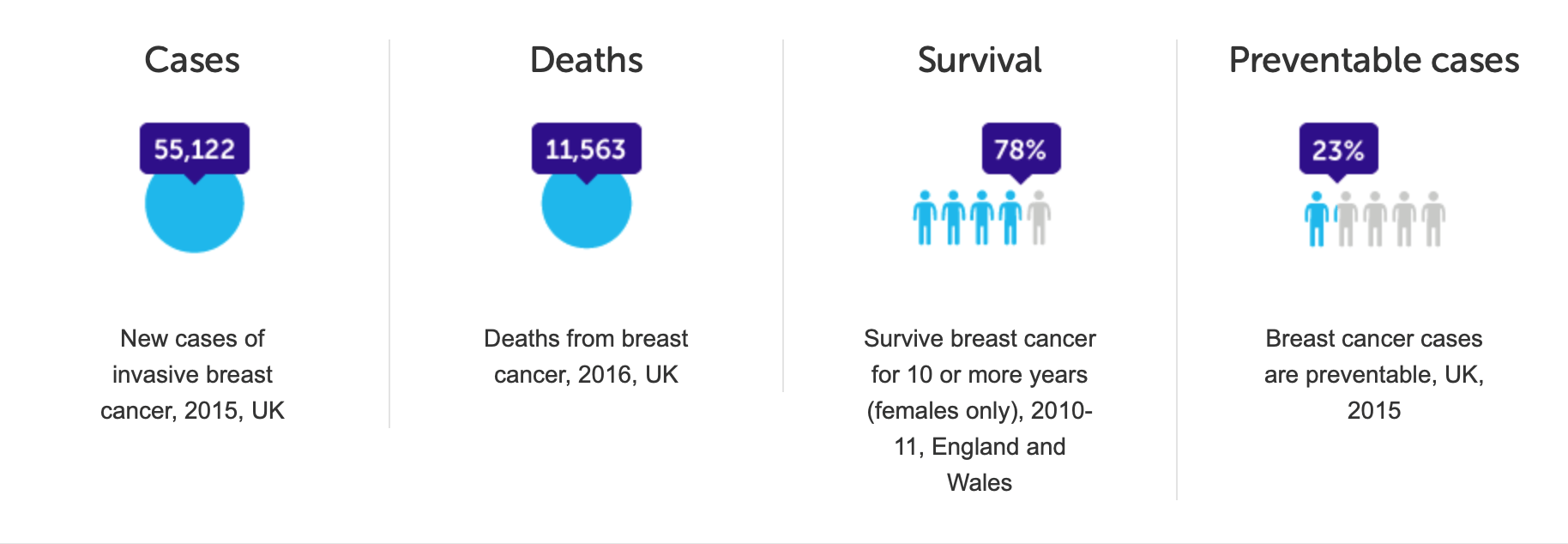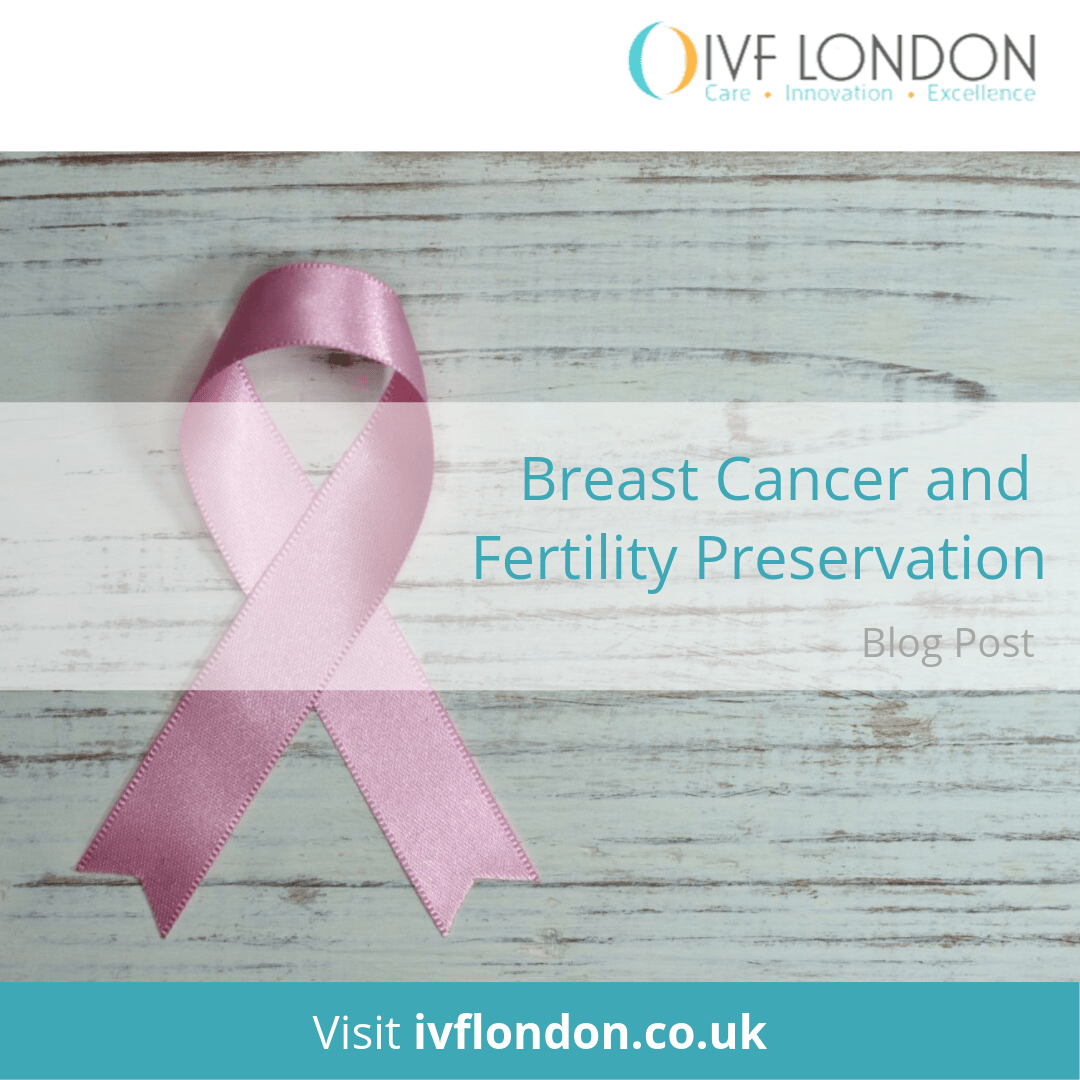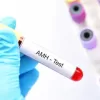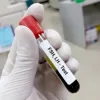Fertility Preservation & Breast Cancer
Cancer Research UK identified over 55.000 cases of breast cancer per year, with a 78% survival rate. Although there is no particular cause for developing breast cancer, unhealthy lifestyle, excessive consumption of alcohol, family history of breast cancer, are some of the risk factors that can increase the chances of getting the disease. 23% of cases of breast cancer are preventable.

How does breast cancer affect fertility?
Breast cancer may not directly affect the fertility, but the treatments such as chemotherapy, radiotherapy, hormonal therapy do have adverse effects on women’s fertility. When a woman is first diagnosed with breast cancer, it is essential for her to be educated about how her fertility can be affected during the treatment process, especially if she is young and in her childbearing years.
Chemotherapy and radiotherapy work by acting against fast dividing cells of the body. This helps control or stop the cancer cells proliferation, but this treatment can also effect the normal dividing cells of the body and can cause damage to the gametes i.e. eggs and sperms, which are the dividing cells. This can lead to depletion of cells, and hence effect fertility. Women are born with a finite number of eggs and in some, the treatment with chemotherapy and radiotherapy may lead to complete or partial loss of fertility potential.
Fertility preservation comes as a solution
Fertility preservation is an effort to help individuals retain their fertility or ability to procreate. Onco-fertility bridges the specialties of oncology and reproductive endocrinology with the purpose of maximizing the reproductive potential of cancer patients and survivors. It comes across as a way to cope with the uncertainty of experiencing pregnancy and parenthood. Techniques such as egg freezing and embryo freezing can give hope to breast cancer patients who plan to conceive later.
Other treatment options
Not every patient with cancer will have the opportunity to preserve their fertility before chemotherapy or radiation treatment. There are many instances where it becomes too late for a cancer patient to take the decision of preserving the oocytes or embryos. For those not fortunate to have frozen eggs or embryos prior to cancer treatment and whose gametes have been completely depleted, IVF with donor eggs is a common solution. Egg donation is often a successful treatment for infertility in women who can no longer produce healthy eggs. The entire process of donating eggs, fertilizing them with sperm and implantation usually takes 6 to 8 weeks per cycle.
Cancer is a disease wherein the stage of detection can decide the prognosis. Early detection can help prevent serious complications and recover faster than when it is diagnosed at a later stage. Keeping a check on the body, maintaining a healthy diet, avoiding excessive alcohol intake and consulting the doctor in case of any abnormalities in the body can go a long way in fighting cancer. Awareness of and access to existing advanced technologies are important for patients who will be undergoing chemotherapy and radiotherapy, even for non-cancerous diseases.
If you want to consider fertility preservation or donor eggs, get in touch with IVF London by scheduling a consultation or attending one of our open evenings.




